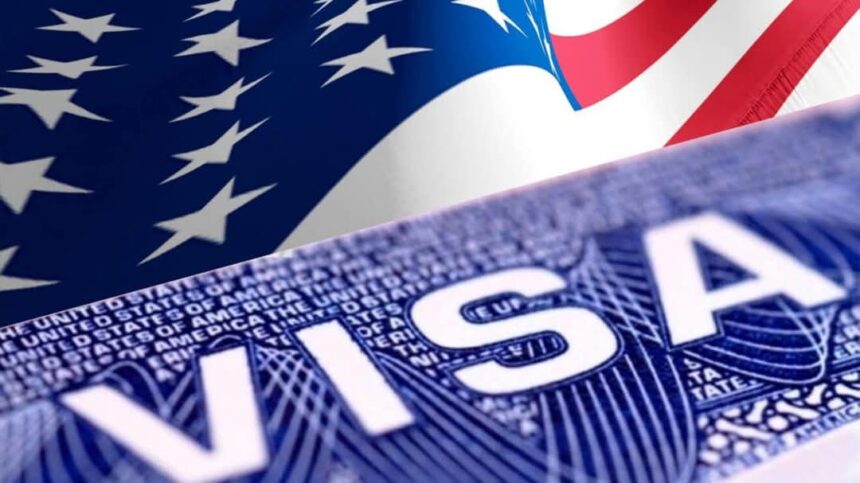The United States has suspended its visa drop box service in Nigeria, a move that means all applicants for visitors visa will have to attend in-person interviews for visa renewals.
The drop box system previously allowed eligible applicants to bypass interviews, reducing wait times and streamlining the visa application process.
The sudden removal of this option from the U.S. visa appointment platform has left many Nigerians concerned about increased delays, with no official explanation from the U.S. Embassy.
There is a very long list of applicants for American visas with potential travellers often getting only interview dates scheduled more than 12 months in the future.
The drop box allowed applicants who have recently visited America to drop their passports at the Embassy and for their application to be considered without the need for an interview.
This development is expected to aggravate the already long waiting period for visa appointments, as the demand for in-person interviews grows. For many applicants—students, professionals, and businesspeople—these extended delays could disrupt critical travel plans.
Observers have linked the policy change to the raging effects of Donald Trump’s hardline immigration approach. During his first administration, Trump introduced various restrictive measures, including travel bans targeting predominantly African and Muslim countries. Nigeria was added to the U.S. travel ban list in 2020 over concerns related to information-sharing and security cooperation.
Though President Joe Biden repealed some of Trump’s immigration policies, several restrictions remain in place. U.S. consulates have maintained heightened visa scrutiny, particularly in regions like West Africa.
The suspension of the drop box service seems to be a consequence of President Donald Trump’s even more stringent crackdown on immigration after he assumed office again in January. He has sought to use tariffs to bully countries like Canada, Mexico and Columbia to invest more in preventing the flow of drugs and illegal immigrants into the United States of America.
Nigerian officials and affected stakeholders may seek dialogue with U.S. authorities to address the policy’s impact. Without clearer communication from the U.S. Embassy, applicants are advised to prepare for extended processing times and stricter interview requirements.
This change highlights the challenges of balancing security protocols with the need for efficient visa services, especially in countries with high application volumes. Whether the U.S. will offer alternatives to mitigate delays remains to be seen


